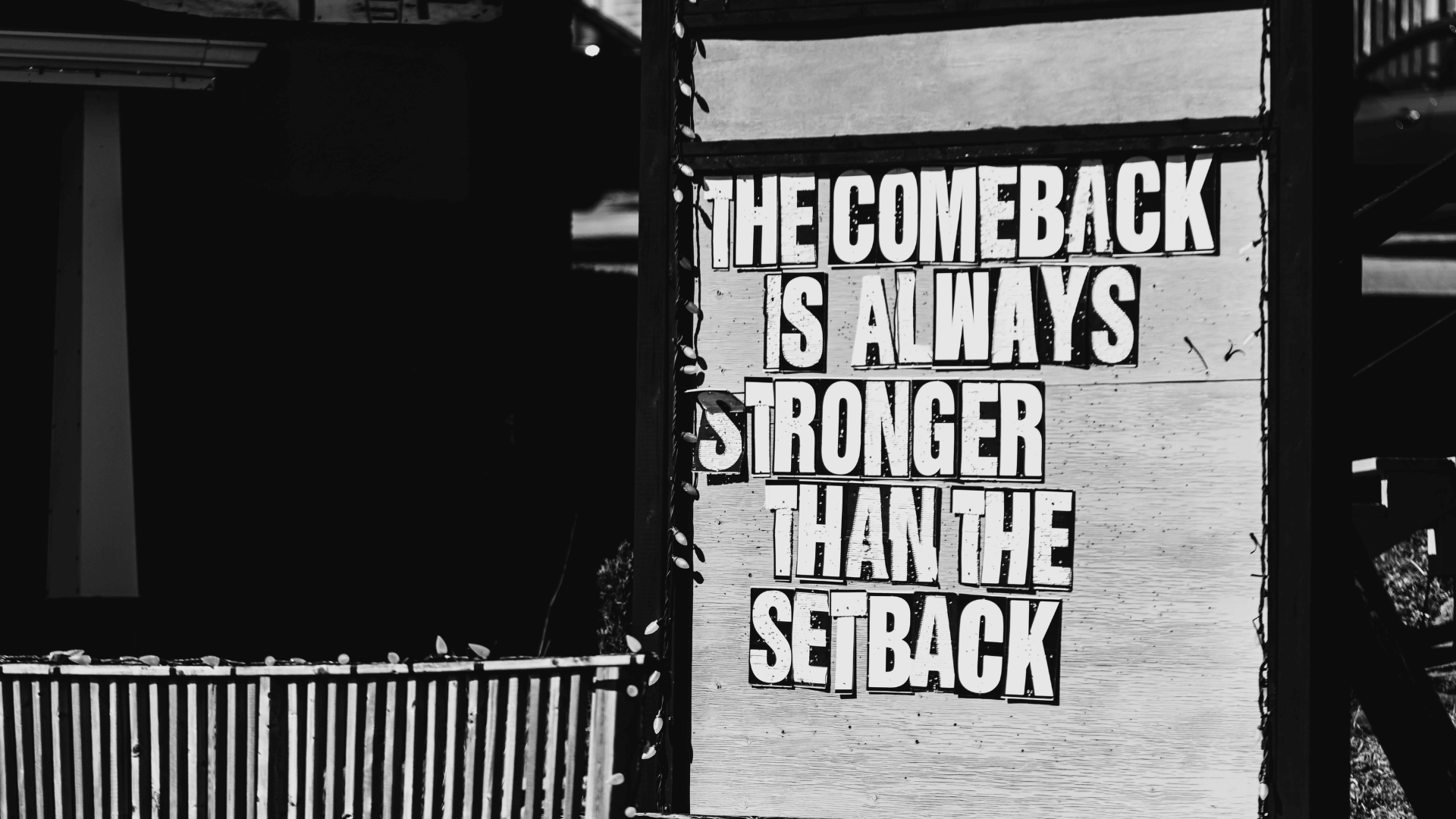That critical spirit.
Some years ago I was serving on the staff of a local church. One of my responsibilities was to oversee the budget and give some direction to the finance committee. I should have known better.
I’ll spare you the gory details, but there was one fateful evening when I was meeting with said committee. The group was going over the Visa receipts, and one individual on the committee took issue with an item with my signature on it. Never mind that the item was in the budget and there was plenty in that particular line item … and that I was acting at the direction of the pastor.
I’ll call that individual Joe. He was so upset his hands were literally shaking.
That dude lit into me. His spittle-flecked rant was along the lines of “Who okayed this? Why did you need to spend this money in the first place? Why was it used that way?” And so forth. His tirade lasted a good five minutes. I sat there, gritting my teeth. The other six members of the committee just sat there with their heads down. I thought maybe the chairman would intervene. It didn’t happen that way.
When Joe stopped long enough to get a breath, I dredged up enough gumption to ask, “Joe, do you love me?”
Joe turned purple, spluttered, and replied, “What do you mean, do I love you? What’s that got to do with it?”
I said, “Because … if you loved me, you wouldn’t treat me this way. You’d want to help me.”
I wanted him to cry. Instead, my appeal to reason and compassion fell flat. He just got madder and resumed his attack.
Look. If I’m wrong, I need to know it so I can make corrections. But don’t devalue me in the process. It’s not right, and it hurts.
I guess we resolved it. I have selective amnesia when it comes to things like this. The bottom line is that Joe simply didn’t like me, for whatever reason. Maybe I reminded him of a kid that beat him up in the 5th grade. Who knows? Mostly, though, he had an obscenely critical spirit, and it showed up in other areas of his church life, too.
It’s easy to find fault in others, isn’t it? Almost a reflex, some might say. We’ve all been on both ends of criticism, and I think it’s safe to say, it doesn’t feel great being on the receiving end. Especially, when the criticism is less about helping us improve and more about knocking us down a peg. This brings us to an essential thought: “Anyone can criticize another, but it takes a special person to build others up.”
Why Do People Criticize?
Criticism is often the easiest route to take when we feel threatened, insecure, or jealous. It can be a defensive mechanism, shielding us from facing our own shortcomings. And sometimes, people criticize because it gives them a sense of superiority. It’s an unfortunate truth that putting others down can sometimes make us feel better about our own situations.
Criticizing Christians
Criticism from the world towards Christians often feels particularly pointed and persistent. Perhaps it’s because of the high standards that Christianity sets. People expect Christians to live up to Christ-like ideals, and when they fall short, it becomes easy fodder for criticism. Additionally, Christianity, by its nature, challenges the moral and ethical norms of society, which can lead to pushback from those who feel indicted or judged by Christian teachings.
Christians Criticizing Each Other
You’d think Christians would be the most supportive of one another, right? Yet, often we are the first to criticize our brothers and sisters in faith. This could stem from differing interpretations of Scripture or varying degrees of adherence to Christian doctrines. More often — especially in the local church — it’s just evidence of pure meanness. It shows up with squabbles about who is elected deacon, or the colors of the new mop handles. Sometimes, it’s easier to spot a splinter in our brother’s eye than a plank in our own. It’s a human flaw, one that we must be vigilant against.
Responding to Criticism
In moments of criticism, it’s crucial to remember the words of Jesus in John 8:7, “Let him who is without sin among you be the first to throw a stone at her.” This reminds us that we all fall short and should approach each other with grace rather than judgment.
Moreover, it’s essential to distinguish between constructive and destructive criticism. Constructive criticism comes from a place of love and aims to help us grow. It’s based on truth and delivered with kindness. Proverbs 12:17 says, “Whoever speaks the truth gives honest evidence, but a false witness utters deceit.” This highlights the importance of truthfulness in our critiques of others.
Destructive criticism, on the other hand, seeks to harm. It’s often rooted in falsehood and serves no purpose other than to discourage.

When You’re the Critic
It’s worth examining our hearts to see if a critical spirit resides there. A few signs could be constant negativity, joy in others’ failures, and a habit of gossip or slander. Recognizing these traits is the first step towards repentance.
To repent from a critical spirit, start with prayer. Ask God to transform your heart and to help you see others as He sees them — with love and mercy. Practice replacing critical thoughts with compassionate ones. And, when you do need to offer correction, ensure it’s constructive, coming from a place of genuine concern and spoken with gentleness.
Building others up doesn’t just change them — it changes us. As we make a conscious effort to encourage rather than criticize, we align closer with the teachings of Christ. We create a more loving, supportive community where everyone can grow. After all, it takes a special person to build others up, and that person, with God’s help, can be each of us.
Let’s be those special people, the builders in a world that’s too often busy tearing down.










